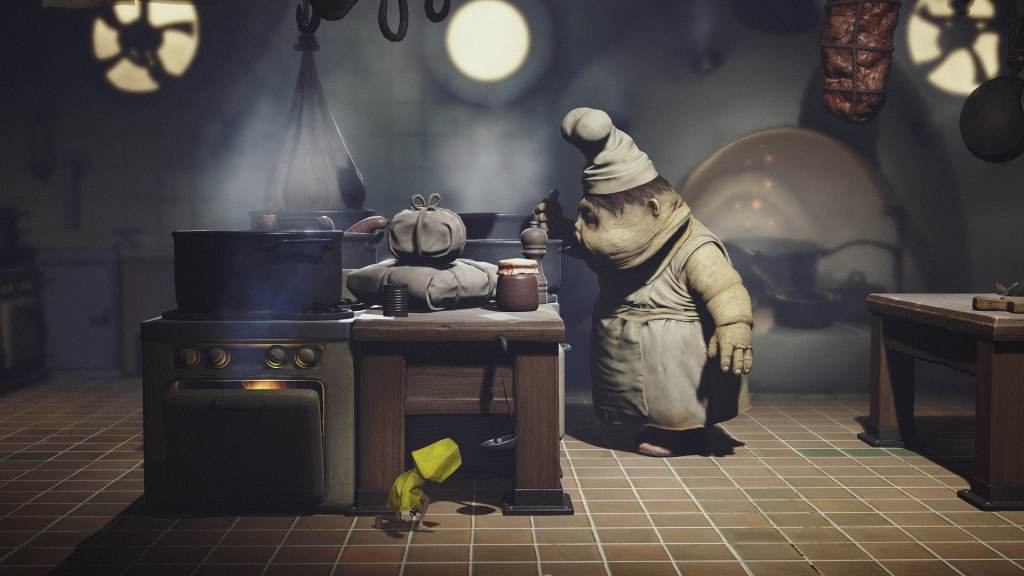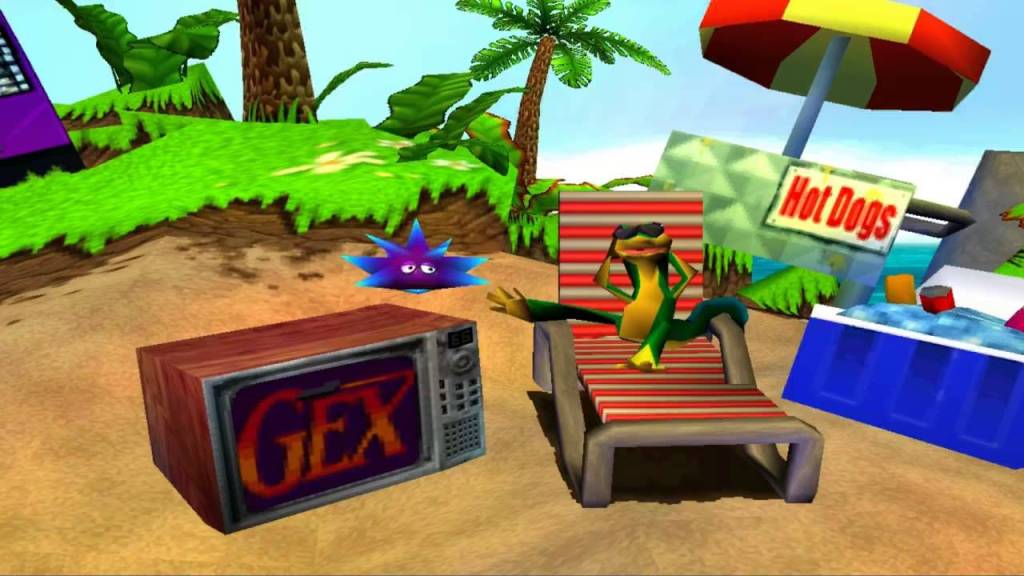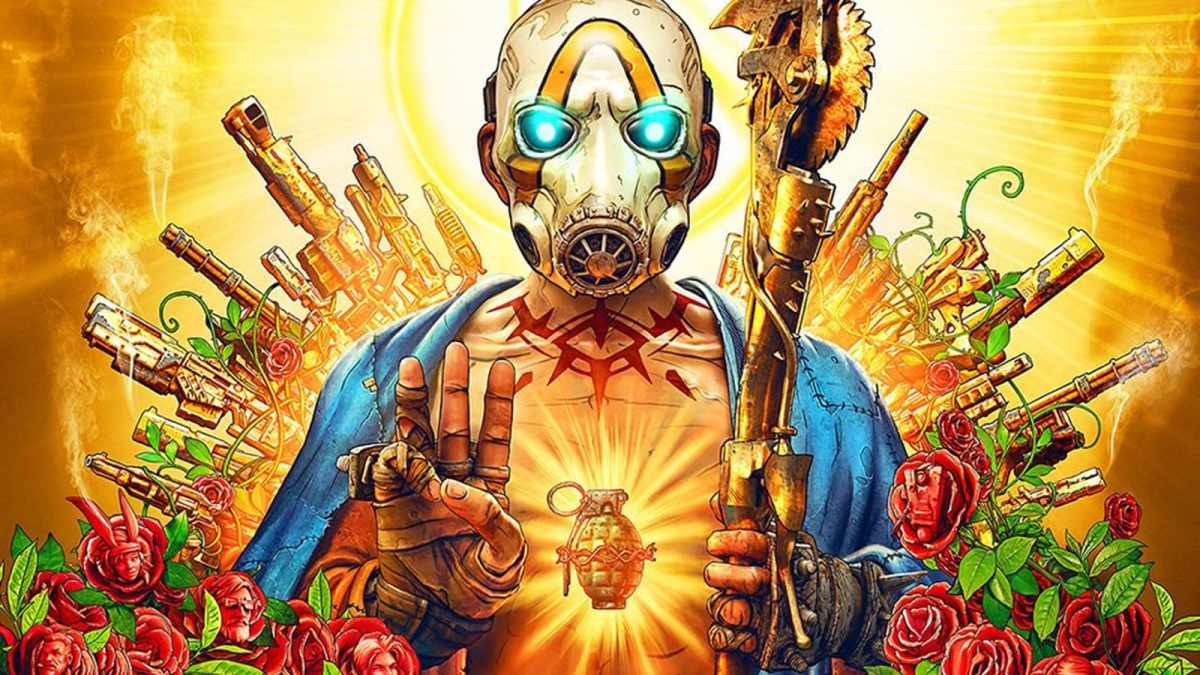With the acquisition of nearly every major Square Enix-owned studio and IP, Embracer Group has become one of the largest video game companies in the world. Over a decade, the company has slowly grown its influence, to the point where it’s now highly competitive in a growing and vicious market. While its acquisitions have been relatively low key so far, its latest foray has put it firmly on the map of modern games history.
But how did we get here – and just what is Embracer Group? Here’s everything you need to know about the rapidly expanding company, and what intellectual property it now owns.
What is Embracer Group?
Embracer Group actually began as a used comic book and video game reseller helmed by entrepreneur Lars Wingefors, but later expanded into video game publishing, via a division known as Nordic Games Publishing. One of its very first titles was 2009’s We Sing, a SingStar-like for
In 2011, the company acquired the defunct assets of publisher JoWooD, which included the Gothic and SpellForce franchises. In 2013, Nordic Games also acquired the assets of THQ, which had recently gone bankrupt. The company was later renamed THQ Nordic, and went on to publish new games, including Darksiders 3 and Biomutant.
In 2018, Embracer Group ramped up efforts to dominate the games industry, purchasing Koch Media – which, in turn, owned Deep Silver (publisher of Saints Row) and a number of other subsidiaries. Later, a number of other companies were acquired by Nordic Games: Coffee Stain Holding (Goat Simulator), Goodbye Kansas Game Invest (which had investments in Palindrome Interactive, Fall Damage, Neon Giant, Kavalri Games and Framebunker), Tarsier Studios (Little Nightmares), Saber Interactive, 4A Games (Metro) and New World Interactive (Insurgency).
During this period, Nordic Games also rebranded to Embracer Group to better reflect the company’s expanded focus.

Additional company acquisitions followed, including Flying Wild Hog (Shadow Warrior), 34BigThings, Mad Head Games, Nimble Giant Entertainment, Snapshot Games, Zen Studios, A Thinking Ape Entertainment, IUGO Mobile Entertainment, Purple Lamp Studios, Silent Games and Quantic Lab.
Then The Gearbox Entertainment Company (Borderlands) merged with Embracer Group, marking a new phase for the company. Easybrain and Aspyr Media were also purchased at the same time.
This was followed by yet more acquisitions: Appeal Studios, Kaiko, Massive Miniteam, 3D Realms (original publishers of Commander Keen, Wolfenstein 3D, Duke Nukem), Ghost Ship Games, Slipgate Ironworks, DigixArt, Force Field, Easy Trigger, CrazyLabs, Grimfrost, Demiurge Studios, Fractured Byte, SmartPhone Labs, Asmodee (known for its board game publishing), Perfect World Entertainment, Cryptic Studios, Dark Horse Media (the comics publisher), Shiver Entertainment, Digic Pictures and Spotfilm Networx.
In May 2022, Embracer Group purchased a number of Western Square Enix studios, which placed ownership of the following studios and their assets into the hands of Embracer Group: Crystal Dynamics, Edios-Montréal and Square Enix Montréal.
In August 2022, it was announced that Embracer Group had made several more acquisitions: Tuxedo Labs (Teardown), physical games manufacturer Limited Run Games, developer Tripwire Interactive (Maneater, Chivalry, Killing Floor), karaoke machine company Singtrix, and the rights to the entire Lord of the Rings franchise.
What video game properties does Embracer Group own?
As above, Embracer Group owns a number of video game companies – and while some developers retain the intellectual property rights to their characters, many transferred full ownership of their IP to Embracer, meaning the company has a lot to work with.
Let’s start with the Square Enix acquisition. This effectively transferred ownership of some of gaming’s biggest franchises directly to Embracer. The list includes Tomb Raider, Deus Ex, Legacy of Kain, Thief, and ‘other original franchises‘. While not specified, this could also include titles like Gex.
It’s unknown whether the Square Enix partnership with Disney for Marvel content like Marvel’s Avengers and Marvel’s Guardians of the Galaxy will transfer to Embracer Group – but given it was not included in the press release, we can assume this deal remains with Square Enix (and may actually pop up in Kingdom Hearts 4).
Read: Legacy of Kain fans have found a reason to hope again
The Lord of the Rings obviously has numerous video game adaptations, with Weta Workshop recently announcing it was developing a new Lord of the Rings game in partnership with Private Division, and a game based on Gollum being developed by Daedelic Entertainment. With Embracer Group now owning everything to do with Middle-earth, the possibilities for games is nearly endless.
In the same breath as the Lord of the Rings acquisition, Embracer also now owns the rights to open-world shark game Maneater, as well as the very popular Killing Floor and Chivalry franchises, in addition to Teardown. Every one of these games has a devout community of PC gamers.
Looking further into the Embracer Group back catalogue reveals a frankly enormous list of major franchises now owned wholly, or in part, by the conglomerate.
The Gearbox merger gives Embracer a piece of the Borderlands franchise, as well as ownership of Duke Nukem. Asmodee is another big deal – its subsidiaries include Fantasy Flight Games and Z-Man Games, which publish iconic board games like the Arkham (Lovecraft) series, and global smash hit Pandemic, both of which have been adapted into the world of video games.
Flying Wild Hog is on the cusp of releasing Evil West, and is well-known for its Shadow Warrior franchise. The Embracer-owned Aspyr is currently working on a remake of Star Wars: Knights of the Old Republic. Ghost Ship Games owns multiplayer hit Deep Rock Galactic. Slipgate Ironworks is known for Ghostrunner and Graven.

SpongeBob SquarePants: Battle for Bikini Bottom – Rehydrated and the upcoming SpongeBob Squarepants: The Cosmic Shake are both developed by Embracer’s Purple Lamp Studios. Classic PC games Gothic and Risen are also owned by Embracer through developer Pirahna Bytes – as is the Elex franchise.
Demiurge Studios is also quite prolific, and specialises in mobile titles, covering an important part of the modern video games scene.
The nostalgia market is also cornered by Embracer via Cryptic Studios, which is most known for massively multiplayer online role-playing games (MMORPGs) of the early 2000s like City of Heroes, City of Villains, and Champions Online.
Many of these subsidiary companies also have their own IP that may be lesser known – and while deals vary, Embracer Group having even a foot in each of these studios makes it one of the most powerful holding companies in the entire industry.
Tomb Raider and Deus Ex are big names on their own, but when you add in the full scope of Embracer Group’s reach, you’ve got a very impressive back catalogue. While it’s unknown whether Embracer will devote resources to each of its new franchises moving forward, fresh ownership may finally fulfil the wishes of classic video game fans – or at least provide some hope that many of these beloved titles will return.
As Embracer Group continues locking down the video games market, expect its acquisitions and intellectual property purchases to grow exponentially. With the games market swiftly turning into a cut-throat oligopoly, expect Embracer Group to fight for its seat at the table.





